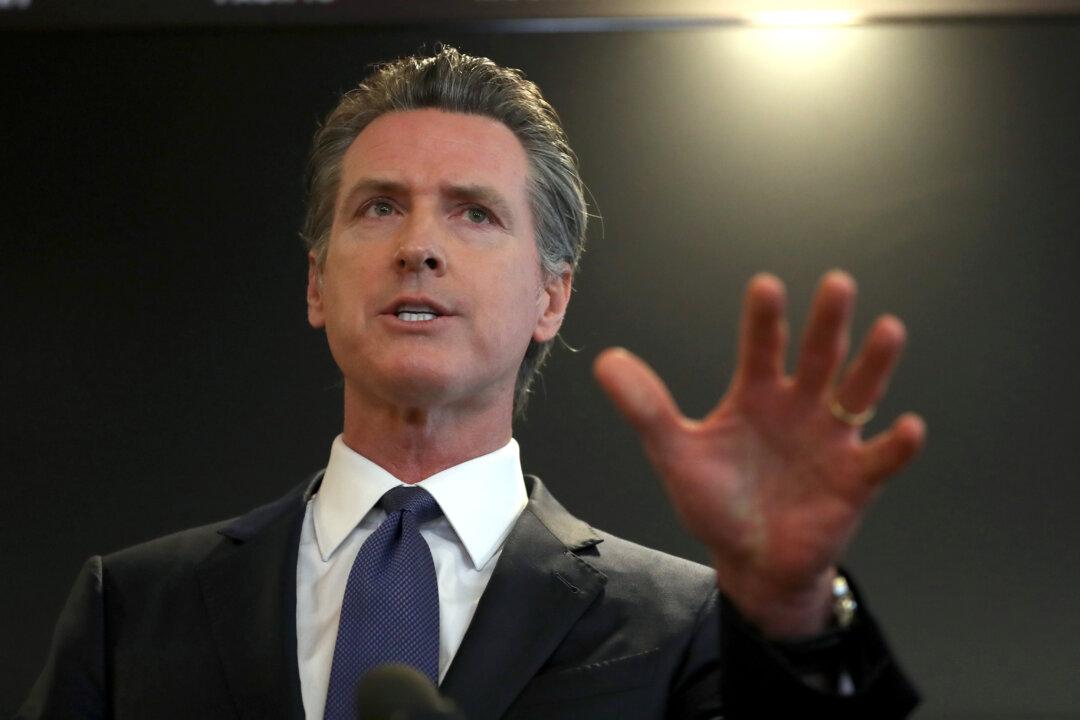A federal appeals court this week rejected a California church’s lawsuit hoping to overturn Gov. Gavin Newsom’s ban on in-person church services as states are encouraged to revise social distancing restrictions amid the CCP virus pandemic.
The 9th U.S. Circuit Court of Appeals ruled on May 22 that the South Bay United Pentecostal Church in San Diego cannot reopen immediately after the church filed a lawsuit earlier this month alleging that state and local officials had “intentionally denigrated California churches and pastors and people of faith by relegating them to third-class citizenship.”




